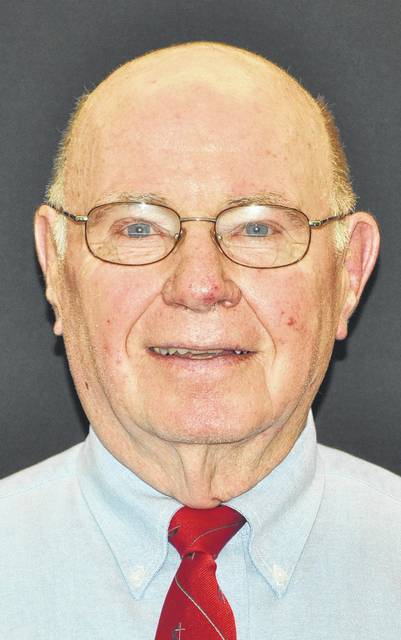
Given the destructive polarization in our nation today, it’s easy to assume we’ve never faced anything like it before. Unfortunately, that’s not true. In our nation’s early days, there was political contentiousness that many believe was worse than today’s.
Those historic political divisions were mirrored in the American Methodist Church. It helped to prompt Bishop Francis Asbury to write a devotional book entitled “The Causes, Evils, and Cures of Heart and Church Divisions.” When he talks about church dissension, one has the sense he’s also speaking to the political antagonists of his day – maybe even to the endless disputants today.
On a page entitled “Slander,” his sarcasm seems almost prophetic: “Evil reports may be spread otherwise than by the tongue; and this is an old divisive practice. If we can blast the chief of a party, we will do well enough with the rest. Therefore let us make as many ill representations of what they do as we possibly can.”
While Asbury’s sarcasm is aimed at the discontented in the church, his words can extend beyond church walls – even beyond the time in which he was speaking.
Please note: the bishop’s concern is not just for the damage that misrepresentations and lies inflict on those being attacked. He’s concerned also for the damage that boomerangs back on the one spewing misinformation. In another one of the brief essays, “They Hinder Our Time,” he warns, “When people are engaged in contentions, they will follow them night and day – whatever other business might be neglected. Of all the time allotted to a person’s life, that time spent in quarreling is the worst.”
Many thoughtful observers are expressing concern for what might happen in the days following our current elections. Indeed, the animosity across the political divide is scarey. A recent news column expressed the concern this way. To many Americans, the future looks dark if the other side wins. (During this election season), partisans view each other not just as opponents, but as “deeply evil” supporters of either catastrophic socialism or devastating totalitarianism.
Without question, the rhetoric has been more negative, more destructive, more exaggerated than anything I’ve experienced in my eight decades observing such. It’s particularly ironic. Many are zealous in their contention that ours is a “Christian nation.” However, the vitriol, the slander, and demeaning words are not anything like the Christ we find portrayed in the Bible, who walks among humans through the words of the four Gospels.
It’s as if Asbury had seen ahead, so far ahead, and agonized over the consequences of unfettered antagonism. Could he have imagined how ugly we’ve become to one another – no matter which side is ours? But we’re not in 1792; this is 2020. We are the primary players in this drama. What are we going to do about the challenges before us?
Jesus knows what we must do. At first glance his words sound simplistic, but in fact they’re quite profound. He knew what he was asking was not easy. Nevertheless he asked us anyway. He asked us to “love our neighbor as our self.” Then he went on to command us “to love our enemies.”
Jesus’ ministry is rich with instructions about how we should implement our faith in gracious and sacrificial service to others. At the same time, however, he was ready to love those who failed his expectations. It’s my guess he wants us to do likewise today.


